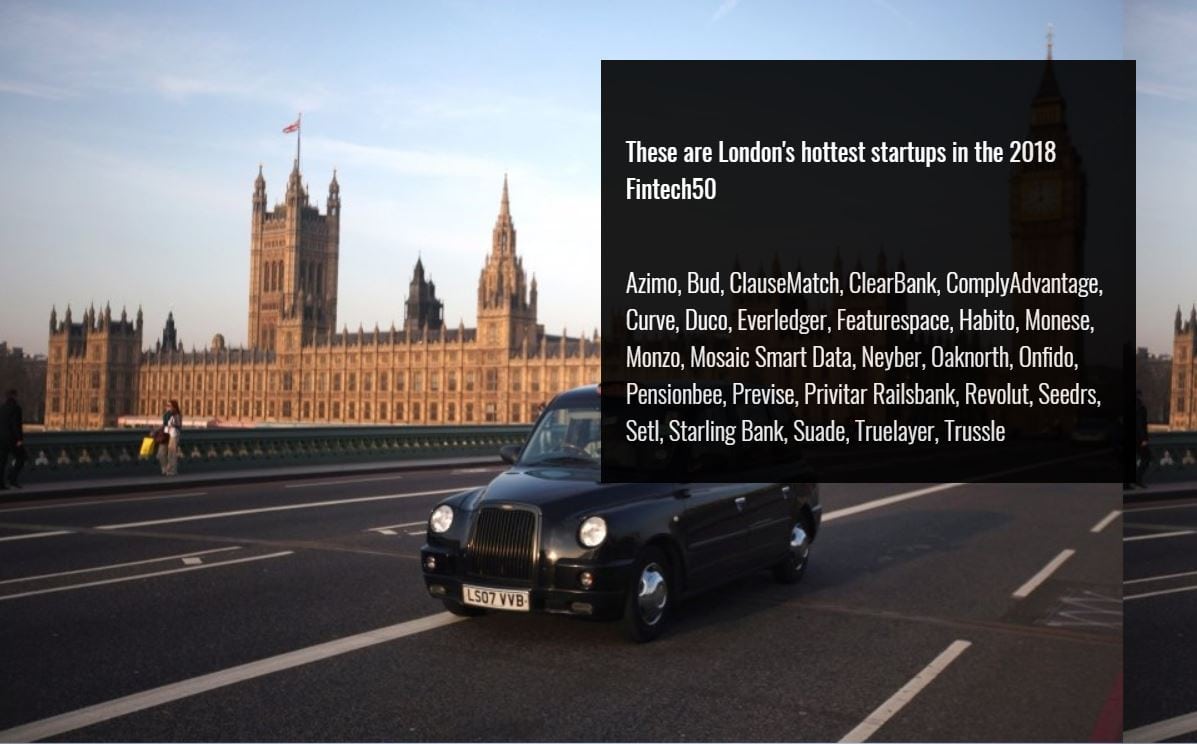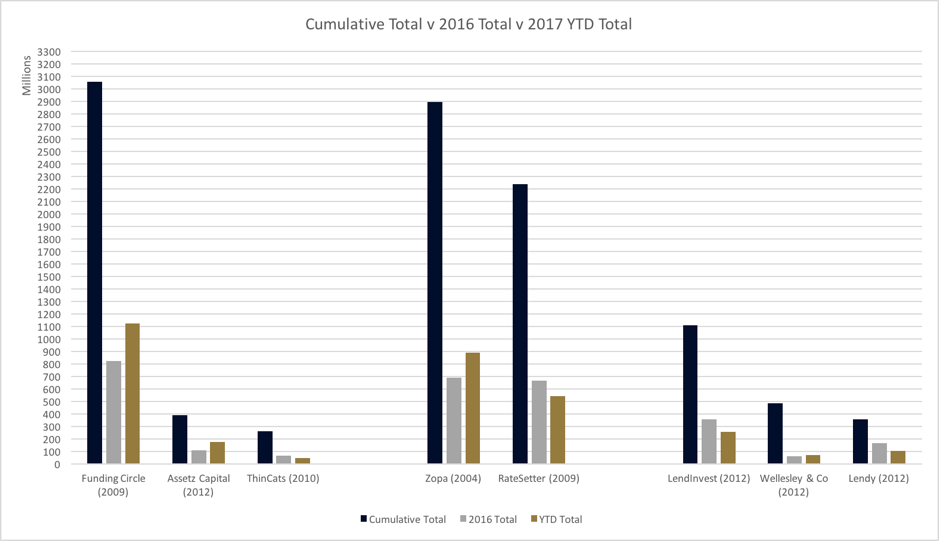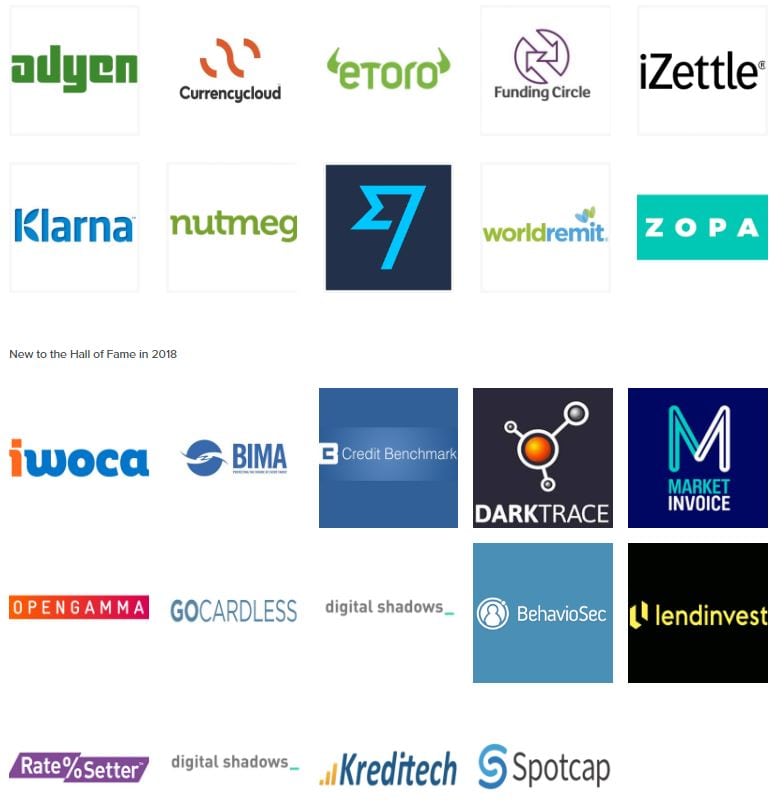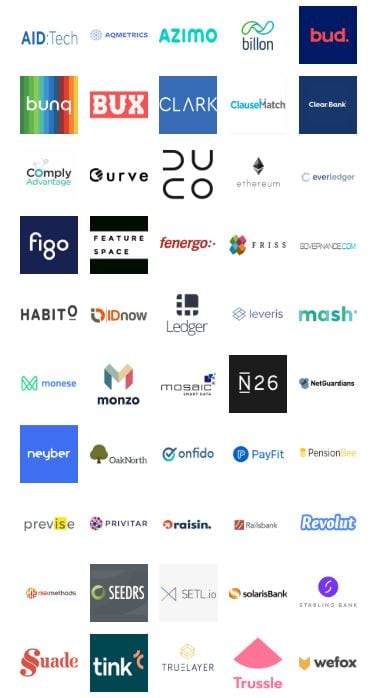
I often relate the story that the first FinTech firm I ever met was Zopa. Zopa launched in April 2005 and presented at the Financial Services Club on March 30 that year. They talked about an eBay for Money and connecting savers and borrowers. No one got what they were talking about, although everyone does today as Zopa soars past £3 billion of money lent.
UK's largest P2P lending platforms
Picture courtesy of Orca Money
But then most people are now familiarised with FinTech and have heard of everything from blockchain and bitcoin to roboadvisors and APIs. This struck me as the eighth annual FinTech50 were announced the other day. That’s 8 years of recognising the highest achievers in this sector, and many are now such familiar names that they’ve been moved into the FinTech Hall of Fame.
This year’s winners include a number of friends of the Financial Services Club including Bud, Monzo, N26, SETL, Solaris and more.
But then I suppose that’s not surprising as I am on the judging panel. What stood out most for me is that half of the FinTech50 are based in London. As CityAM noted, 27 of the Top 50 are London-based start-ups.
What therefore hits you is what happens after Brexit? It’s a bit of a pointless question to be honest, as most Brexit questions are unanswered as yet so no one knows what will happen after Brexit, but it’s one thrown up by Vilnius, Berlin, Paris, Dublin and other competitive European cities as they vie for the Brexit fall-out.
Some studies say that London will continue to win FinTech business for the foreseeable future, whilst others say that FinTech firms are branching out to hedge their bets. PwC believes that London continues to throw its weight around whilst some people at The Financial Times believe it will strenghtn London’s grip on FinTech, not weaken it.
All I know is that the UK has built a strong FinTech community of talent that sits side-by-side. I can meet the start-ups, investors, financial institutions, regulators, government, consultants, accountants and more, all in one morning, just by running around London a bit. I can’t do that in Vilnius, Berlin, Paris or Dublin in the numbers of individuals involved. Even if some of these people move, these cities cannot accommodate the numbers of people I’m talking about.
In 2015, there were around 50,000 people working in FinTech in London and that is estimated to rise to 100,000 by 2020. Show me another city that can offer these talent pools and access so easily, and I’ll accept London could lose its crown but, right now, I don’t see it happening.
In fact, with more software developers in The City than any other FinTech hub, and more unicorns than anywhere else in Europe, don’t expect London to give up its FinTech crown without a fight.
Chris M Skinner
Chris Skinner is best known as an independent commentator on the financial markets through his blog, TheFinanser.com, as author of the bestselling book Digital Bank, and Chair of the European networking forum the Financial Services Club. He has been voted one of the most influential people in banking by The Financial Brand (as well as one of the best blogs), a FinTech Titan (Next Bank), one of the Fintech Leaders you need to follow (City AM, Deluxe and Jax Finance), as well as one of the Top 40 most influential people in financial technology by the Wall Street Journal's Financial News. To learn more click here...





